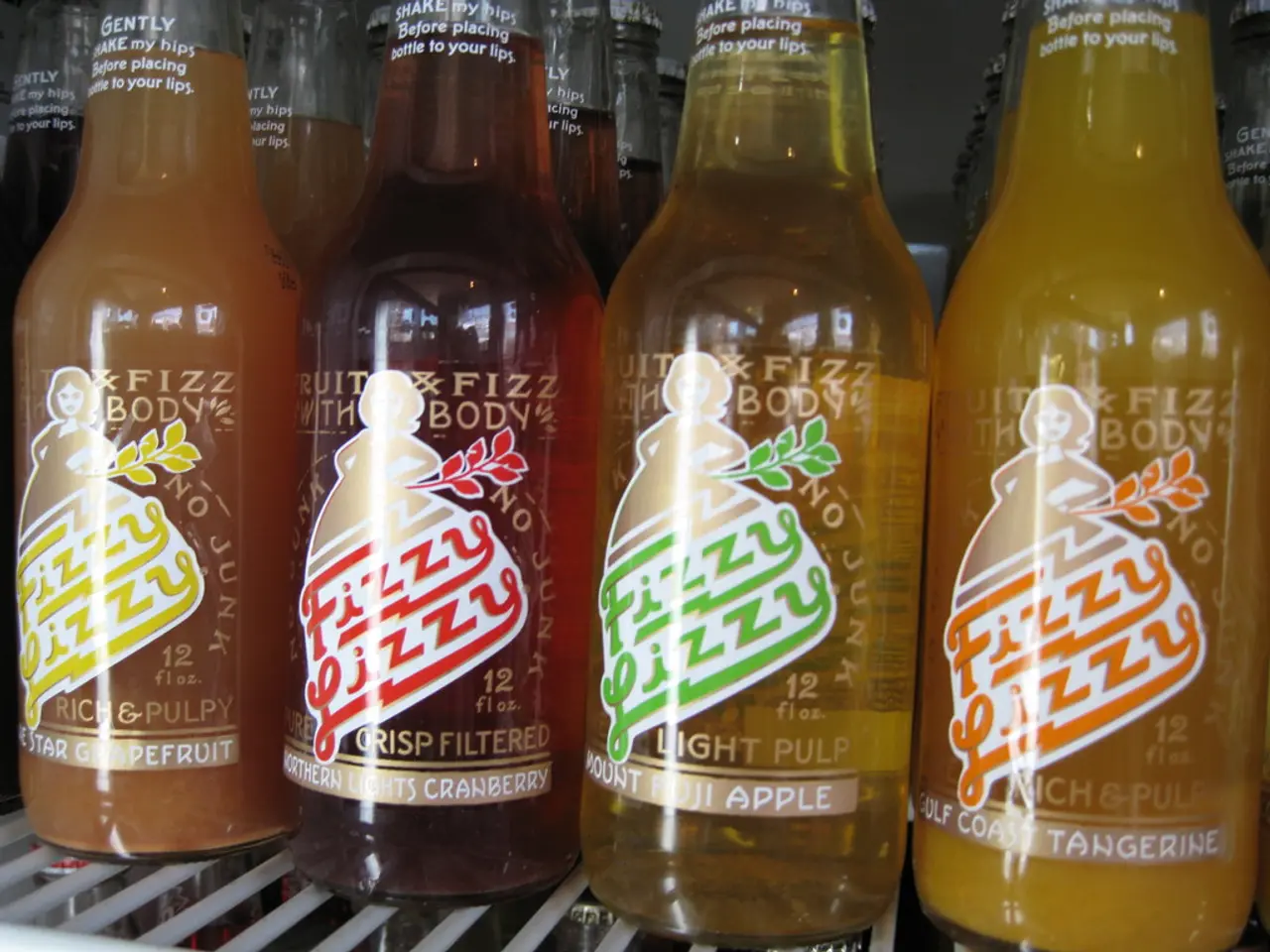Bristol-Myers Squibb Faces Excessive Decreases
Bristol-Myers Squibb Posts Strong Q2 Results, Boosted by Immuno-Oncology Drugs
In a notable development, Bristol-Myers Squibb (BMS) has reported a significant increase in operating cash flow for Q2, amounting to $3.9 billion, marking a 69.57% year-over-year (YoY) growth. This robust performance comes amidst a 3 percentage point drop in the adjusted gross margin, primarily due to product mix and a 3.21% increase in the cost of products sold.
The company's stock post-earnings decline, coupled with a low Price-to-Sales (P/S) ratio, presents an attractive opportunity for investors. As of now, the P/S ratio of BMS has contracted year-to-date (YTD), standing at 1.867. In contrast, the health sector's median P/S ratio is currently 3.37, making BMS a 45% discount.
The growth drivers for BMS's sales in Q2 2025 were primarily its Growth Portfolio, which posted revenues of $6.6 billion, up 18% YoY (17% excluding foreign exchange effects). The immuno-oncology (IO) portfolio, including Breyanzi, Reblozyl, and Camzyos, showed strong demand, with Breyanzi, the leading CD19 CAR T therapy in the U.S., demonstrating particularly impressive growth. U.S. sales for Breyanzi increased approximately 110%, while international sales grew by 183%.
Camzyos sales in the U.S. surged around 65%, contributing notably to the growth in the cardiovascular segment. Reblozyl, on the other hand, demonstrated strong demand for first-line myelodysplastic syndrome (MDS)-associated anemia, with growth driven by both U.S. demand and new launches in Europe and Japan, including an inventory build.
Cobenfy, another newly launched product, showed solid growth, with $35 million in quarterly sales and $62 million year-to-date, contributing to the portfolio's strength. International revenues grew by 10% (8% ex-FX), reflecting global market expansions, while U.S. revenues declined by 3% primarily due to the impact of Medicare Part D redesign and generic competition within the legacy portfolio.
In summary, the immuno-oncology drugs (Breyanzi, Reblozyl), Camzyos in cardiovascular indications, and newly launched products like Cobenfy formed the principal pillars driving BMS's sales growth in Q2 2025.
BMS reported a Q2 global net sales of $12.3 billion, a 1% YoY increase, and a $884.62 million beat of estimates. However, the adjusted EPS declined by 29.47% YoY, to $1.46, but still managed to beat expectations by $0.36. The company's guidance for EPS is now expecting a lowered range of $6.35 to $6.65, but when excluding IPRD charges, the range would have actually been raised.
BMS's growth and profitability are rated A+ relative to the sector by Seeking Alpha, and the company's growth portfolio, which includes Camzyos and Breyanzi, has the potential to be core offerings for the company due to their strong growth rates. Breyanzi, a medication in the Hematology segment, saw U.S. sales grow 110% to $255 million and international sales grow 183% to $88 million.
In a statement, BMS highlighted Breyanzi as the "#1 CAR T in the U.S. with the best-in-class CD19 CAR T profile". Given these factors, a buy rating for BMS appears to be justified.
Science has shown that the immuno-oncology drugs, such as Breyanzi, have displayed significant growth, contributing to Bristol-Myers Squibb's (BMS) strong Q2 results. On the other hand, the finance sector sees the P/S ratio of BMS as an attractive opportunity for investors due to its lower ratio compared to the health sector's median.




